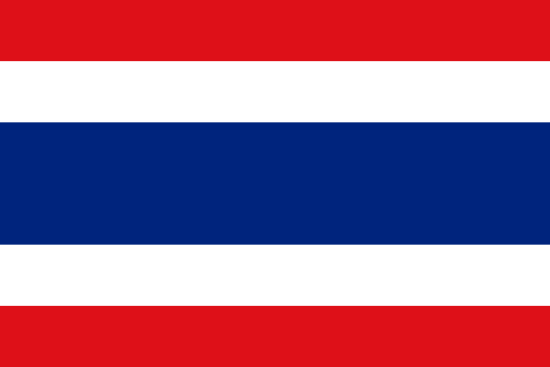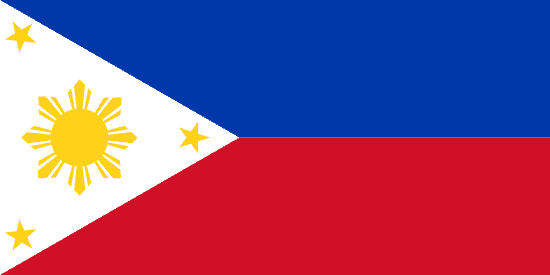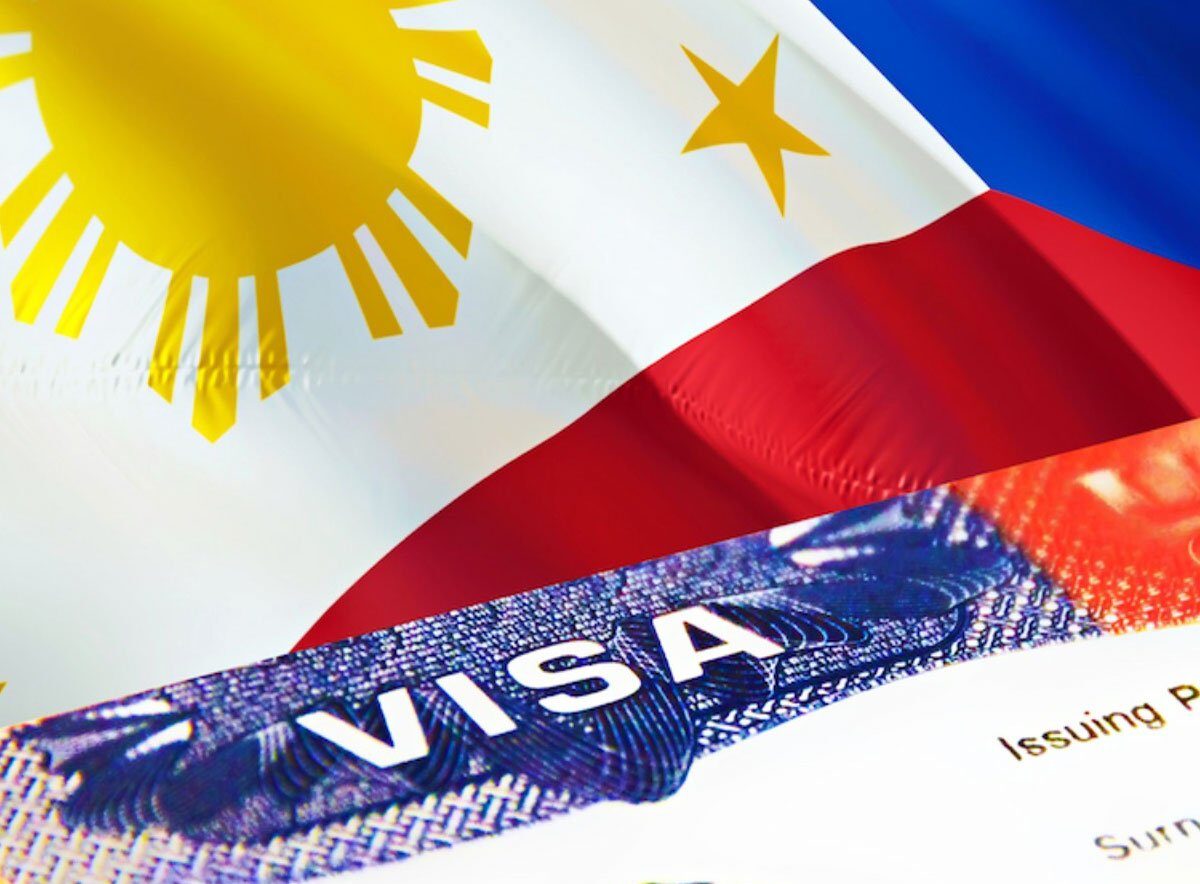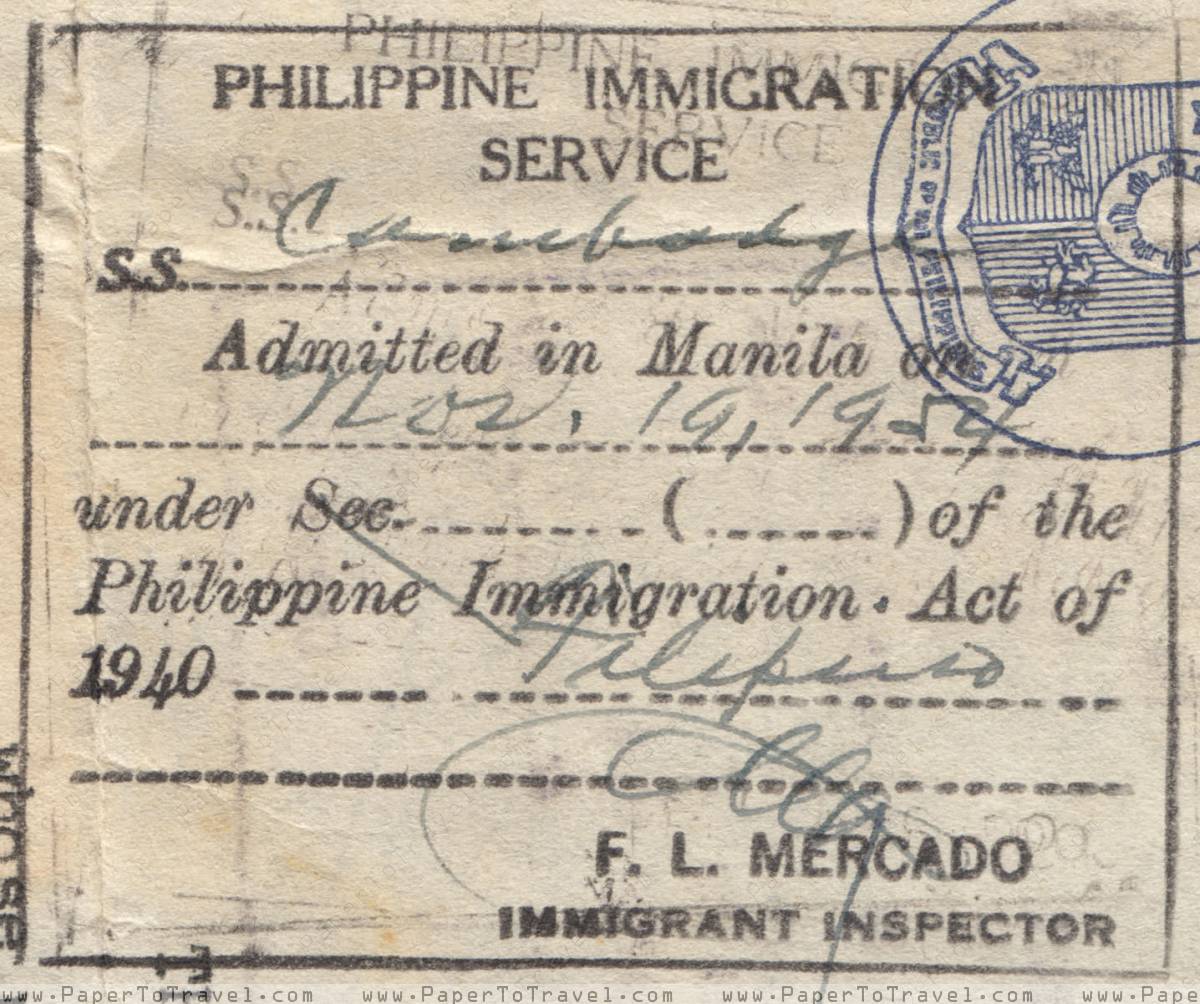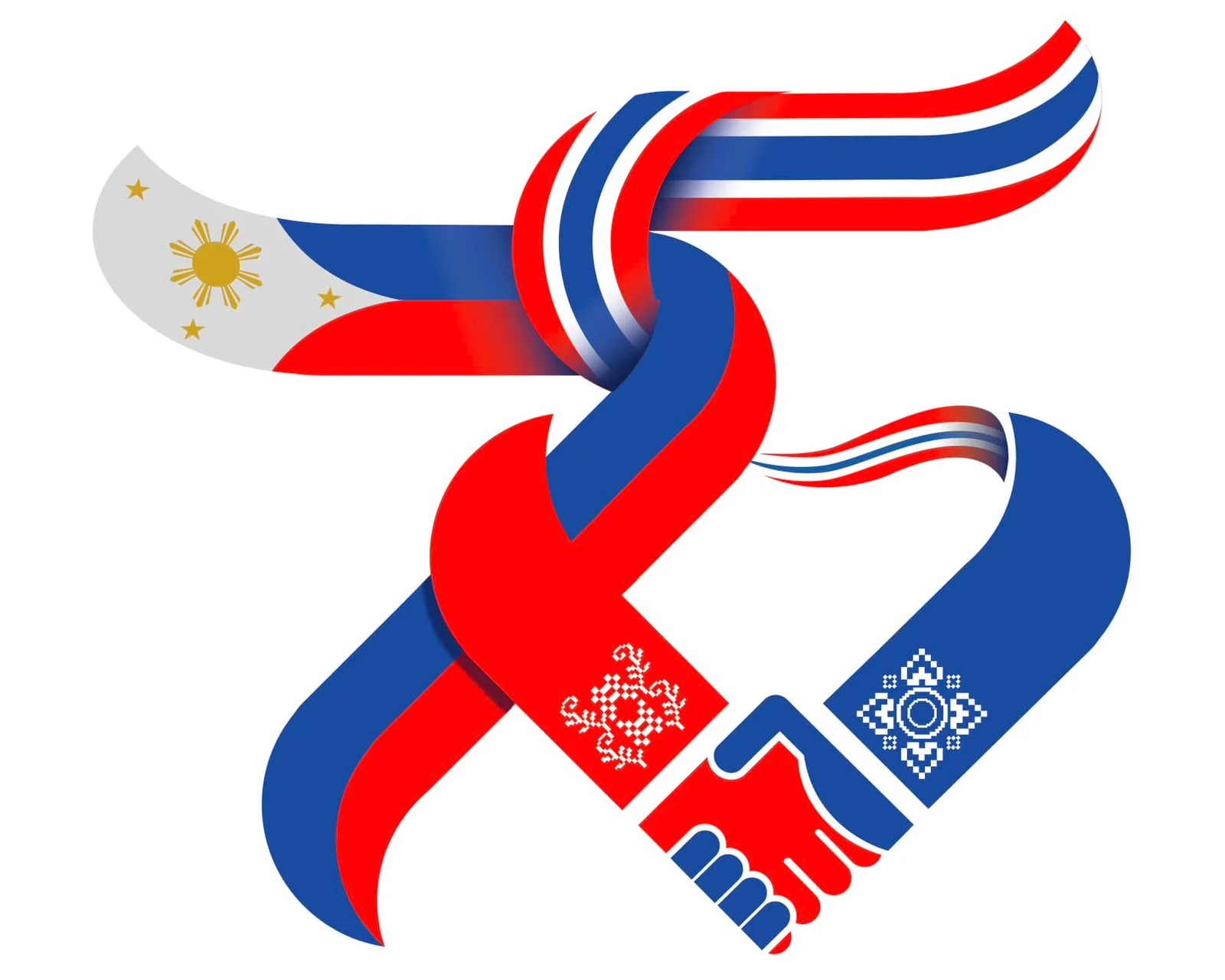
Philippines and Thailand Strengthen Cooperation on Competition Law Enforcement:
Implications for Expatriates and Foreign Businesses
The Philippines and Thailand have taken a significant step in strengthening their collaboration on competition law enforcement, marking a crucial development for businesses operating in both countries. On February 4, 2025, the Philippine Competition Commission (PCC) and the Trade Competition Commission of Thailand (TCCT) signed a Memorandum of Understanding (MoU) at the PCC office in Quezon City. This agreement aims to enhance cross-border cooperation, ensuring fair competition and protecting consumers in an increasingly integrated Southeast Asian market.
This article will analyze the implications of this agreement for expatriates, foreign entrepreneurs, and investors in the Philippines and Thailand, with some insights on potential impacts on Vietnam.
1. Strengthening Cross-Border Competition Law Enforcement
The new MoU between the PCC and TCCT establishes a framework for collaboration between the two agencies. The primary objectives of this agreement include:
Information sharing: Both countries will now share relevant data on competition law enforcement, allowing for better monitoring of anti-competitive practices.
Notification of enforcement activities: Regulators will inform each other of enforcement actions, creating greater transparency for businesses.
Coordination of investigations: Joint investigations into anti-competitive behavior can now be pursued, particularly when companies operate in both markets.
Technical collaboration: This includes training programs, personnel exchanges, and joint capacity-building initiatives.
This agreement aligns with global trends where governments collaborate to regulate multinational corporations and prevent monopolistic practices that could harm consumers.
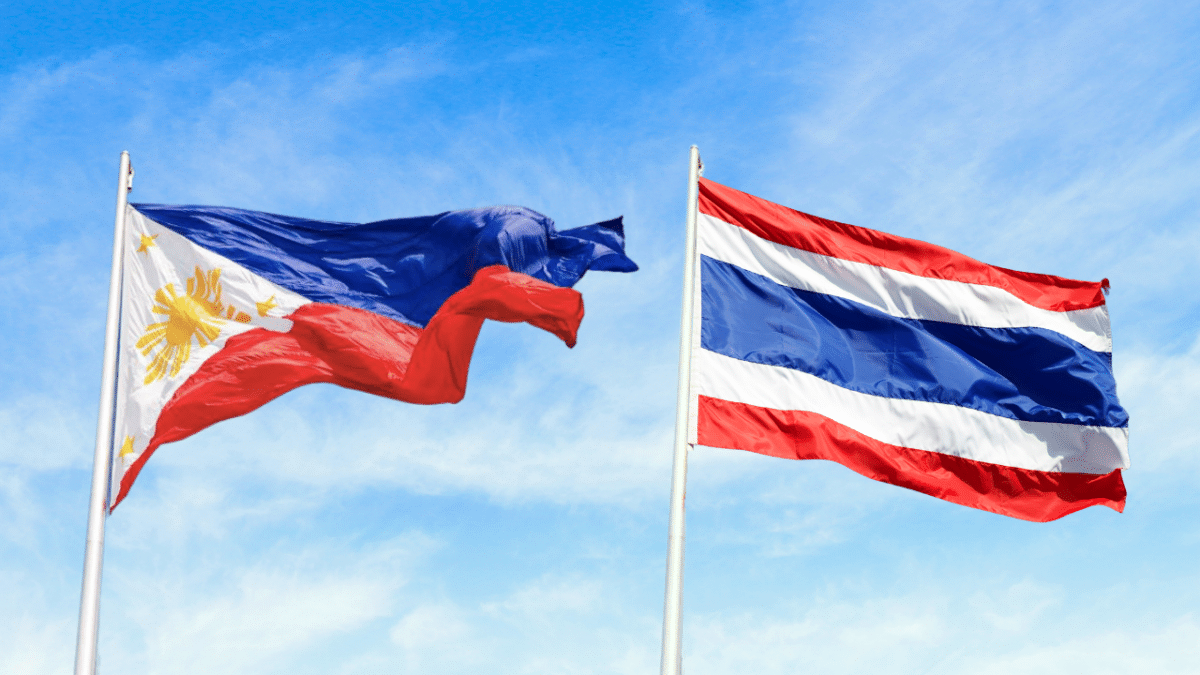
2. Why This Matters for Foreign Businesses and Expatriates
A. Impact on Multinational Companies and Large Corporations
For multinational businesses operating in both the Philippines and Thailand, this agreement signals increased regulatory scrutiny. Companies engaged in cross-border operations must ensure their business practices comply with competition laws in both countries.
For example:
Mergers and acquisitions (M&A): If a company acquires another business that operates in both countries, authorities will now be able to coordinate investigations into potential anti-competitive effects.
Cartel detection and penalties: The agreement enables closer collaboration in detecting and penalizing price-fixing or market-sharing arrangements across both jurisdictions.
Transparency in business practices: Foreign businesses must comply with local fair competition laws, ensuring they do not engage in practices like abuse of market dominance.
B. Implications for Small and Medium-Sized Enterprises (SMEs)
For foreign entrepreneurs or small businesses, the agreement could be beneficial:
Better market access: If dominant players in a sector are found to be engaging in unfair competition, regulators may take action, opening opportunities for smaller competitors.
Fair pricing: Strengthened competition enforcement means businesses are less likely to face artificially inflated costs due to monopolistic practices.
However, SMEs must also ensure compliance with local regulations, especially when engaging in partnerships or setting up franchises in Thailand or the Philippines.
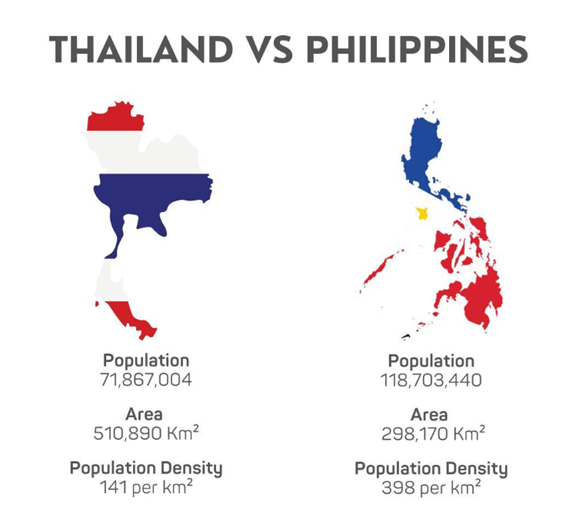
3. The Role of ASEAN and Regional Integration
The agreement between the PCC and TCCT aligns with broader regional efforts under ASEAN’s Competition Action Plan. Southeast Asia is moving towards greater economic integration, and competition laws play a key role in ensuring fair business practices across the region.
In fact, the PCC has already signed similar agreements with China (2019), Hong Kong (2020), Singapore (2021), and Australia (2024). This MoU with Thailand adds another layer of protection against unfair business practices in the region.
Potential Impact on Vietnam
Vietnam, which has also been strengthening its competition laws, could be the next country to formalize a similar agreement with the Philippines or Thailand. This would be particularly relevant for foreign businesses that operate in all three markets, such as logistics companies, e-commerce platforms, and manufacturing firms.
If Vietnam were to sign a similar MoU:
- Cross-border business practices would be further streamlined.
- Regulatory compliance would become more harmonized across ASEAN.
- Investors would gain greater legal predictability when operating in multiple Southeast Asian countries.
4. Capacity Building and Education in Competition Law
Aside from international collaboration, the PCC is also investing in local capacity building. In November 2024, the PCC launched its first-ever mandatory continuing legal education (MCLE) program on competition law at the University of the Philippines Bonifacio Global City (UP-BGC).
This program covers:
- Economic principles of competition law: Helping businesses understand market regulations.
- Enforcement strategies: Educating legal professionals on how competition laws are applied.
- Compliance in commercial agreements: Ensuring businesses adopt fair practices in contracts and partnerships.
Negotiation strategies in competition law disputes: Providing legal frameworks for resolving cases efficiently.
For expatriates and foreign investors, these educational initiatives can serve as valuable resources when navigating the legal landscape of doing business in the Philippines.
5. Key Takeaways for Foreign Businesses and Expats in the Philippines and Thailand
- Regulatory scrutiny is increasing: Multinational corporations must ensure compliance with local competition laws.
- Fair competition benefits SMEs and startups: Expats running businesses can expect a more level playing field.
- ASEAN is moving towards regional integration: Stronger enforcement across multiple countries is likely in the future.
- Educational initiatives help businesses stay compliant: Entrepreneurs and legal professionals can access training on competition law.
For businesses and expatriates operating in the Philippines, Thailand, and beyond, staying informed about competition law enforcement trends is crucial. With growing regulatory cooperation in ASEAN, businesses that adopt ethical and transparent practices will thrive in an increasingly competitive and fair marketplace.
Final Thoughts
The MoU between the PCC and TCCT represents a positive step towards stronger consumer protection and fair competition in the Philippines and Thailand. Foreign businesses, investors, and expatriates should take note of these developments to ensure compliance with evolving legal standards.
As ASEAN economies continue integrating, companies operating across multiple jurisdictions should stay ahead of regulatory changes. Whether you are an entrepreneur in Manila, a business owner in Bangkok, or an investor considering Vietnam, understanding these developments will help you navigate Southeast Asia’s complex but promising market landscape.
Tagged Philippines, Thailand

